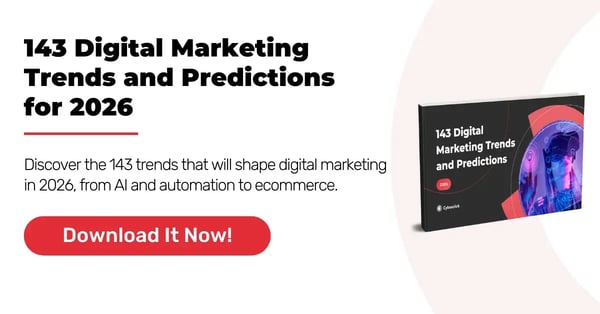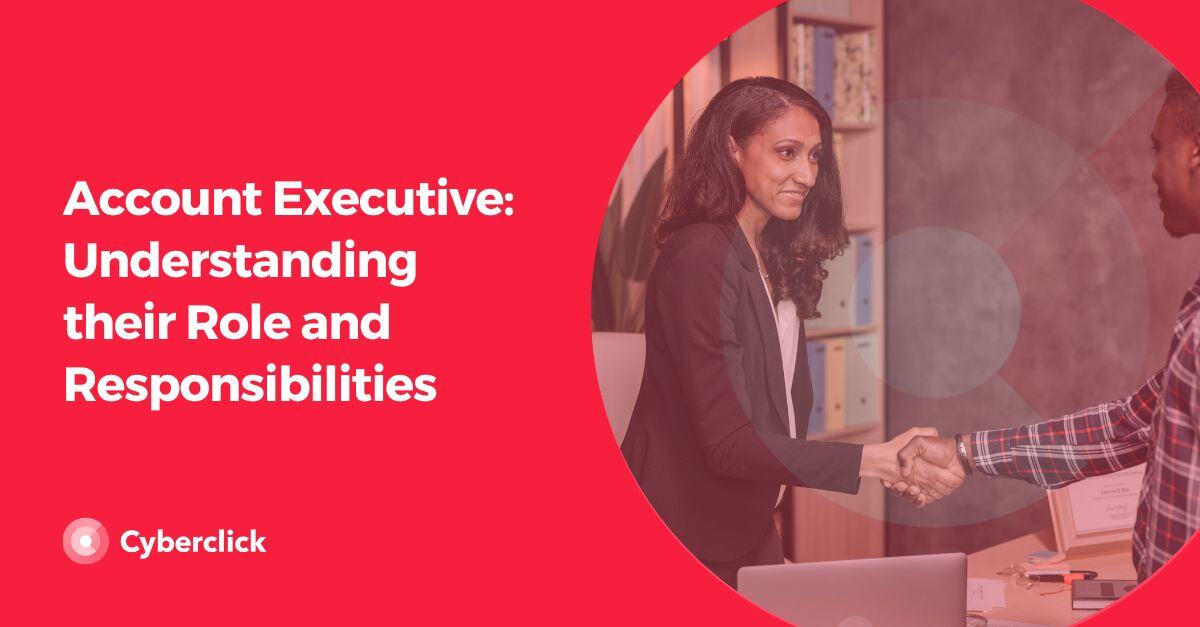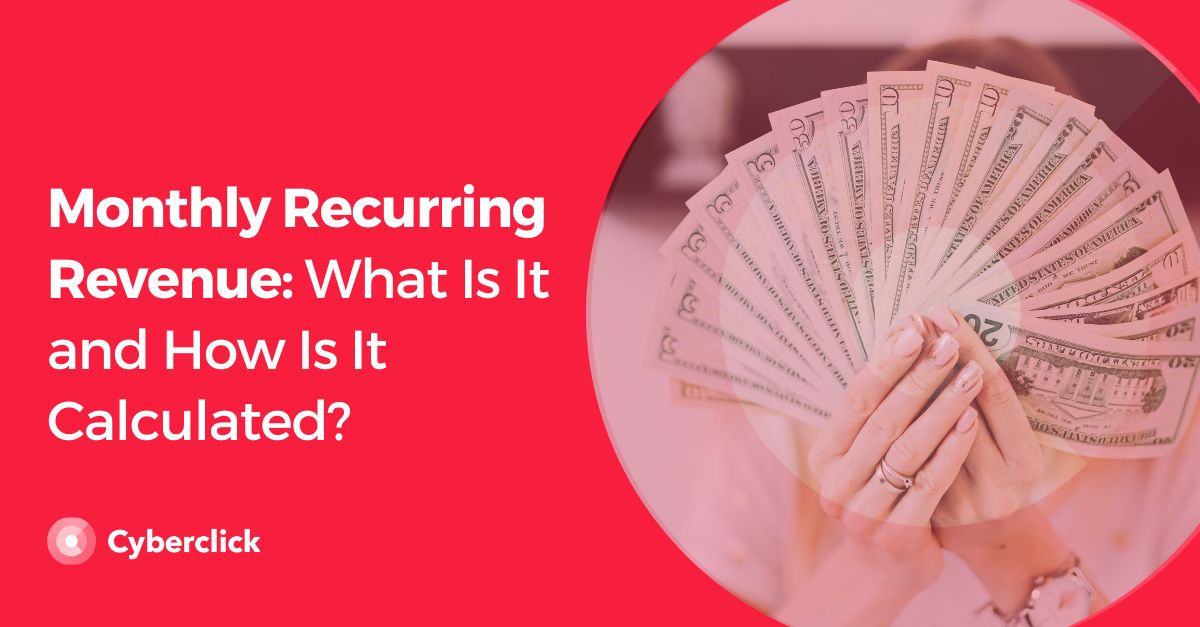Sustainability is integral to the modern business environment due to increasing customer demand for environmental responsibility. Therefore, sustainable marketing is a crucial strategy for modern brands to remain relevant and competitive with other companies. Because of this, we want to share the basics of sustainable marketing, including sustainable marketing principles, trends, and impacts.
What Is Sustainable Marketing?
Sustainable marketing consists of advertising environmentally responsible products, practices, and values that make up your brand. It is a strategic approach that includes creating, promoting, and delivering your products in a way that makes it clear to consumers that sustainability is a priority throughout the whole process. It should also make it clear that your brand prioritizes long-term sustainability goals, such as reducing your overall carbon footprint.
3 Principles of Sustainable Marketing
Like any other marketing strategy, you should consider the core principles of the strategy, as well as how your brand can make the best use of those principles.
1. Long Term Plan
Environmental issues are very large and encompass many factors, so to practice sustainable marketing you need to ensure that you are addressing all of them. Consumers know that change will not happen overnight, but you need to convince them that you are actively working to make a difference.
2. Consistency
You can advertise that one part of your company’s process is eco-friendly, but what about the entirety of the brand itself? For example, you might switch the packaging of your product to be made more sustainably. However, what if the ingredients of the product itself are not sustainably sourced? A lack of consistency can lower consumer trust and make people less likely to have brand loyalty.
3. Complete Strategy Integration
It is also very important to make sure that your strategy of sustainability is integrated thoroughly. Make sure that you have a marketing plan that outlines specific and measurable steps throughout the process. Do research on competitors, audit your customer journey, and continue to examine the environmental landscape and trends.
Important Sustainable Marketing Trends
Transparency
Transparency and authenticity are integral parts of sustainable marketing. Modern consumers are savvy and well-informed about social issues, so it's important that your sustainable marketing efforts are not interpreted as “greenwashing:” when companies falsely portray their products as environmentally friendly. Make sure you are honest about your sustainability efforts and clearly communicate both your achievements and areas for improvement. This will help you build trust with your customers.
Circular Economy Initiatives
Instead of following the traditional linear economy model of “take, make, dispose,” replace it with a circular economy model that focuses on eliminating waste and keeping materials in use. This can involve processes like recycling, reusing, repairing, and repurposing materials.
Eco-Friendly Packaging
Packing can make up a large portion of a brand’s environmental footprint, so you should be mindful of using single-use plastics or non-recyclable materials. Research compostable, biodegradable, or reusable materials to find the best fit for your company and product.
Sustainable Supply Chains
Make sure that your product’s entire journey from raw materials to consumer is environmentally responsible. This means researching renewable energy, reducing carbon emissions, and having fair labor practices.
Consumer Education and Engagement
Educating consumers about sustainability can help boost your brand reputation while driving commitment to your company values. Effectively communicating the benefits of your sustainable practices can raise awareness and demand for more sustainable products.
Social Responsibility and Ethical Practices
While sustainability is concerned with environmental practices, it should also include social responsibility and ethical practices. Consumers are increasingly concerned with social issues such as fair labor practices, diversity and inclusion, and community engagement.
Local Sourcing
Supporting local communities not only strengthens their economies and livelihoods but also reduces the carbon footprint associated with transportation efforts. Consumers may also be more likely to support brands that contribute to their own communities.
Sustainable Certifications and Standards
Consumers can use sustainable certifications to identify genuinely sustainable brands with eco-friendly practices. You may want to consider obtaining certifications that guarantee your brand to be organic, fair trade, or another eco-friendly designation.
Impact of Sustainable Marketing
Financial Impact
Sustainable marketing can help transform the economy and the ways we think about profit and company growth. It also helps achieve organizational purpose and set appropriate targets and measures of success.
Physical Impact
Sustainable marketing creates positive change in the production and consumption of goods and services, and aids in the preservation and restoration of environmental systems.
Psychological, Sociological, and Culture Impact
Society’s perception of what is valuable and worthwhile is shaped by marketing, so sustainable marketing has the potential to raise awareness about environmental issues among the public, as well as encourage businesses to opt for a more eco-friendly approach.
Ethical Impact
True sustainable marketing avoids greenwashing and false information, and helps guide customers in choosing products that align with their values. It is very important that marketing claims and objectives align with regulations, and are relevant to the beliefs of your customers.
Licenciada en Publicidad y Relaciones Públicas por la UAB. Digital Marketing Strategist en Cyberclick.
Degree in Advertising and Public Relations from the UAB. Digital Marketing Strategist at Cyberclick.







Leave your comment and join the conversation